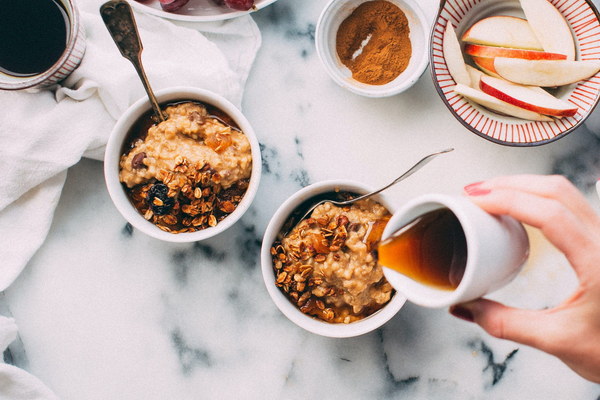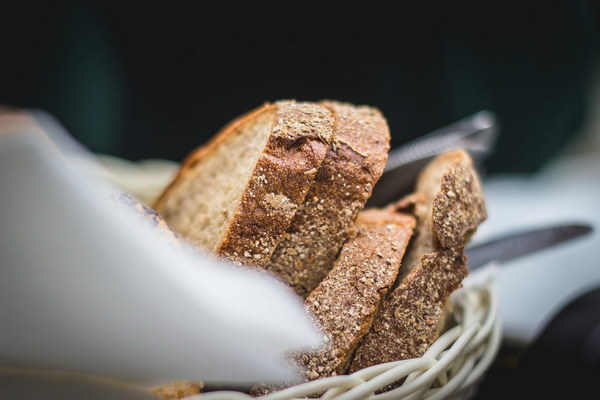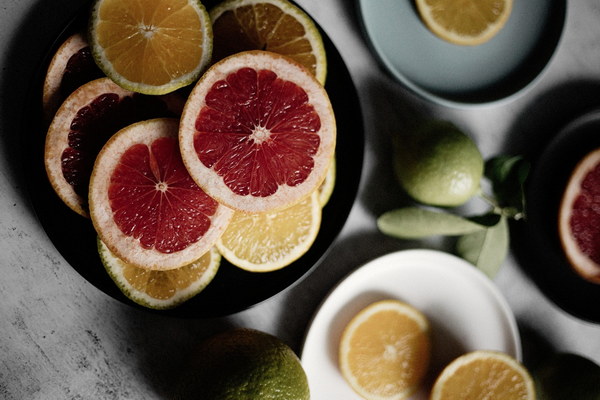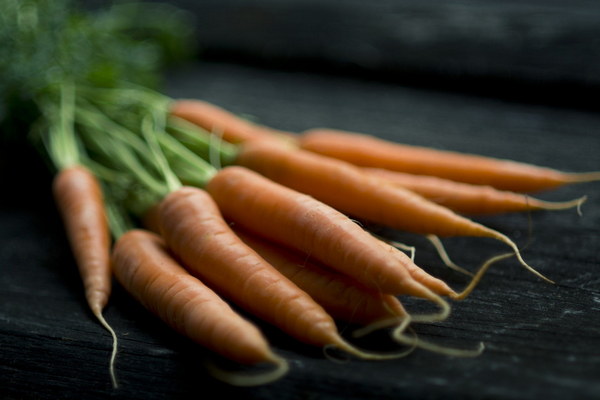Revolutionize Your Well-being The Ancient Secret of Herbal Wine for Dampness and Weight Loss
In the realm of traditional Chinese medicine, there lies a treasure trove of wisdom that has stood the test of time. One such gem is the use of herbal wine to combat dampness and promote weight loss. This article delves into the fascinating world of herbal wine, exploring its origins, benefits, and how it can revolutionize your well-being.
The Origins of Herbal Wine
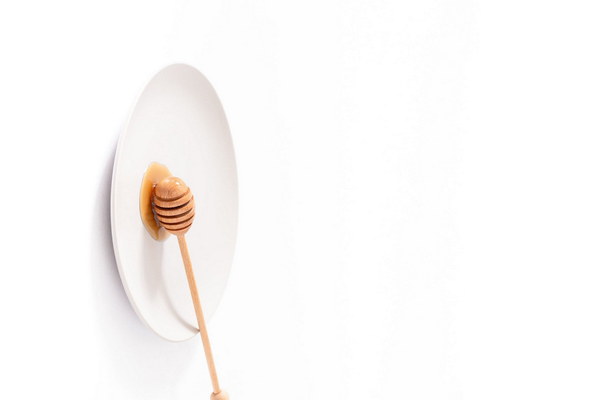
Herbal wine, also known as medicinal wine or Chinese medicinal wine, has its roots in ancient China. It dates back to the Shang Dynasty (1600-1046 BC) and was used by the Chinese for its therapeutic properties. The practice of fermenting herbs with alcohol dates back to the Han Dynasty (206 BC – 220 AD), where it was believed that the alcohol would enhance the efficacy of the herbs.
The Science Behind Herbal Wine
Herbal wine harnesses the power of natural ingredients to address specific health concerns. The primary component of herbal wine is alcohol, which serves as a solvent, extracting the medicinal properties of the herbs. The alcohol also helps in preserving the herbs and making them more bioavailable.
The herbs used in herbal wine are carefully selected based on their properties and how they interact with the human body. These herbs can include ginseng, astragalus, goji berries, and other natural ingredients known for their health benefits.
Benefits of Herbal Wine for Dampness and Weight Loss
Dampness is a concept in traditional Chinese medicine that refers to excess moisture in the body, leading to a variety of health issues, including weight gain, fatigue, and water retention. Herbal wine can be a powerful tool in combating dampness and promoting weight loss.
1. Enhanced Metabolism: Herbs like ginseng and astragalus have been shown to boost metabolism, helping the body burn fat more efficiently.
2. Improved Digestion: Some herbs in herbal wine, such as cinnamon and ginger, can help improve digestion, preventing the accumulation of toxins and promoting weight loss.
3. Reduced Water Retention: Herbs like rhubarb and dandelion can help reduce water retention, leading to a decrease in bloating and weight.
4. Stabilized Blood Sugar Levels: Herbs like licorice root and rehmannia can help stabilize blood sugar levels, reducing the risk of sugar crashes and subsequent overeating.
How to Use Herbal Wine for Dampness and Weight Loss
To incorporate herbal wine into your weight loss journey, follow these steps:
1. Select the Right Formula: Consult with a healthcare professional or a traditional Chinese medicine practitioner to determine the best herbal wine formula for your specific needs.
2. Prepare the Wine: Follow the instructions provided by the manufacturer or practitioner to prepare the herbal wine. This may involve steeping the herbs in alcohol for a specific period.
3. Consume Regularly: Drink the herbal wine as directed, typically 30 minutes before meals. It's important to stick to the recommended dosage to avoid potential side effects.
4. Combine with a Healthy Diet and Exercise: While herbal wine can aid in weight loss, it's crucial to maintain a healthy diet and exercise routine for optimal results.
Conclusion
Herbal wine is a powerful tool that can help you combat dampness and achieve your weight loss goals. By harnessing the ancient wisdom of traditional Chinese medicine, you can revolutionize your well-being and embark on a journey to a healthier, happier life. Remember to consult with a healthcare professional before starting any new treatment, and always prioritize your health and safety. Cheers to your well-being!
